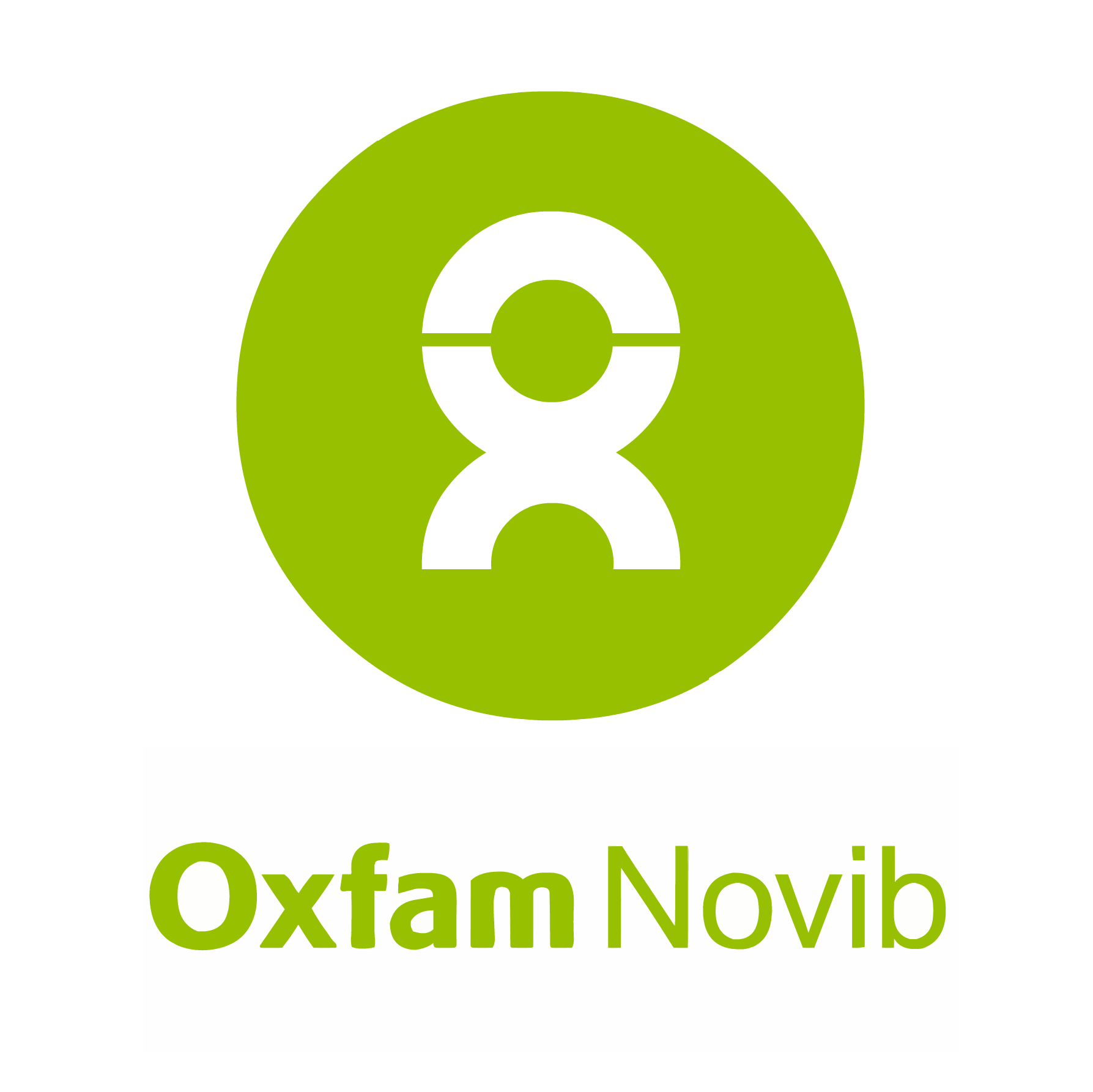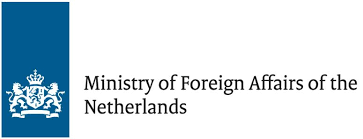Community / Land projects / CO-Mozambique Right to Food 2019-2020
CO-Mozambique Right to Food 2019-2020

€0
01/19 - 12/20
Concluído
This project is part of
Implementing Organisations
Donors
Data Providers
General
This poject falls under the thematic areas Right to Food# through our work [Phase II 2019 - 2020] and aims to "empower and strengthen the capacities of CSOs to achieve effective enforcement of policies and legislation in favor of female smallholder farmers" In order to achieve our long term outcome, Oxfam Novib and SOMO distinguish three pathways for change. The first pathway focuses on the strengthening ofcivil society organisations, enabling them to increase their access to and influence on local, regional and global governments, institutions and the private sector and to build public and private support for more equitable governance of natural resourcesand resilient livelihoods. Where governance is poor or non-existent Oxfam Novib and SOMO will support CSOs to investigate, raise the issues, set (international) agendas, and engage with and convene relevant stakeholders to improve governance, policies and practice. For our national level advocacy to be effective, we need support and facilitation of influential regional and global institutions and stakeholders, such as front runner companies, investors and sector initiatives. Therefore the second pathwayfocuses on engagement with (potential) champions from the public and private spheres, with whom we prepare and make the case for policies, practices and alternative business models that address the interests of food producers and rural communities, particularly women, and the implementation thereof. The period 2019 # 2020 provided the Oxfam in Mozambique Team enough time to consolidate a longer-term influencing strategy together with their partners. At the same time, we worked together in strong alliances with diverse actors in most rural and marginalized communities in Zambezia and Nampula Province, and invested in, developed and strengthened civil societies organisations in order to influence Mozambique government to adopt relevant legal frameworks and policies on unjust food policies and practices. Influence on government can be exercised via insider and outsider channels and can come from multiple directions. Our assumption is that if Civil Society influences powerful governments stakeholdersanddemonstrates public support on unjust food policies and practices, this will increasingly push for policy change. Oxfam in Mozambique through partners continues to engage with the private sector to strengthen policies, guidelines and practices that securewomen and community land rights. The impact that we are seeking with #Right to Food# is for women, men and children living in poverty to realise their right to food. Fundamentally, we believe sustainable change in rights to food happens when transformed power relations, bring increased critical understanding and growing awareness among local civil society organizations and national citizens on unjust food policies and practices, especially related to land, and to demand of fulfilment of the righttofood of small-scale food producers, women and vulnerable communities. In order to achieve this, Oxfam and partners seek to create the conditions for those citizens and act as individuals and/or in collectives to make the State aware of their needsandconditions, be that through contestation or cooperation. The State in turn, being open to engagement with its citizens, will develop, implement and maintain the policy frameworks, systems and practices needed to support continuedengagement towards rights to food in order to defeat poverty. Through direct engagement, research, awareness raising, capacity building, positive role modelling and engagement with the local media, these local civil society organizations and citizens shall be enabled to act to influence duty bearers to create the enabling environment which will further support engagement and the development of the country as a whole. In light of the focus on strategic partnership, strategic alliances will become even more important, bothforOxfam in Mozambique and partners. Partnership will include (a) ASCUT - Civil Society Alliance against land grabbing in Mozambique; (b) AenA - National Association of Rural Extension and (c) APRODER - association for the promotion of rural development.




